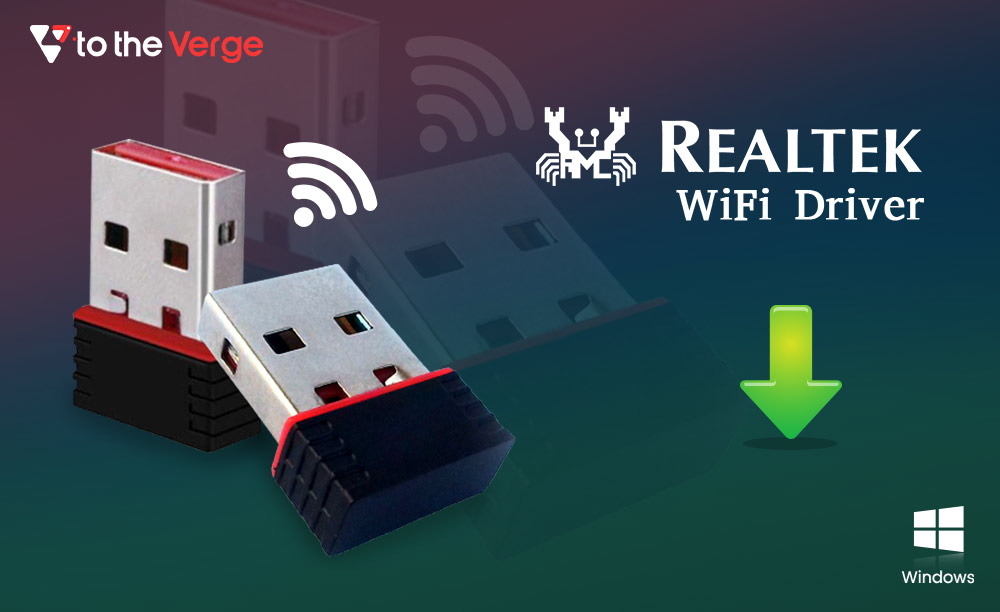With the popularity gained by blockchain technology in the past few years, it wouldn’t be much to say that blockchain applications have emerged as a game-changer for numerous industries, including Blockchain applications in education, healthcare, real estate, supply chain & logistics, IoT, digital media, etc.
Blockchain technology’s popularity and growing industrial applications of Blockchain are increasing rapidly due to its distinctive abilities – the decentralized ledger is immutable and fully transparent.
There’s no requirement for a central authority to manage a Blockchain network. Instead, all the peers in the network authenticate the information stored in the Blockchain ledger. The bottom line is that applications of Blockchain are extremely secure and dependable, with barely any entry point for attackers.
These qualities of Blockchain applications make it one of the most innovative technological tools lately. Moreover, it offers many possible blockchain use cases across all industries. As per the latest data, the global Blockchain market is expected to expand at a CAGR of 67.3% to reach a worth of US$ 39.7 billion between 2020–2025.
This blog will discuss some of the best Blockchain technology use cases and applications. So let’s find out the uses for blockchain technology and blockchain applications popular in various industries:
Blockchain Technology Real-World Use Cases and Applications
Here are some of the best applications of blockchain technology in business and use cases categorized under specific industries:
1. Smart Contracts
Smart contracts are Blockchain-based contracts that are enforced in real-time. They are built as an agreement between two or more groups without the participation of any intermediary. The contract exists across a decentralized Blockchain network. Smart contracts are now an essential part of healthcare, real estate, and government organizations.
- Blockchain applications in healthcare and real estate:
BurstIQ (Healthcare)
BurstIQ uses Big Data-based smart contracts to enable the transmission of sensitive medical data between doctors and patients. These contracts provide transparent outlines and parameters for data sharing. In addition, this Blockchain application in healthcare comprises personalized health plans and other related details for patients.
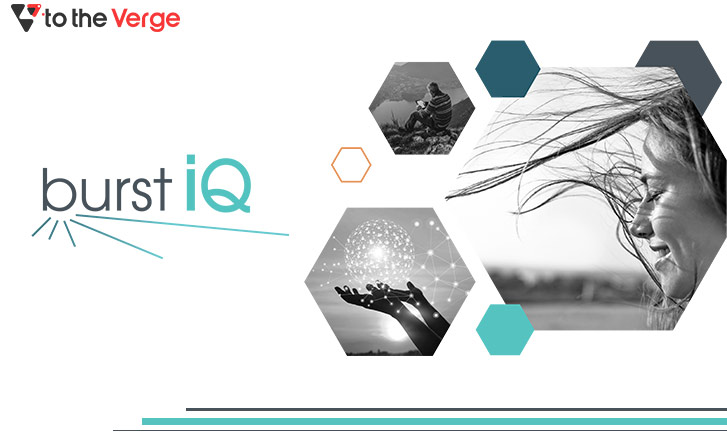
Propy (Real Estate)
Propy is a Blockchain application in real estate that uses a Blockchain-based title registry system. It drives all transactions for dealers, retailers, and their clients. Because of Blockchain technology, Propy creates title issuance immediately and easily allows the buying and selling of properties via cryptocurrency.
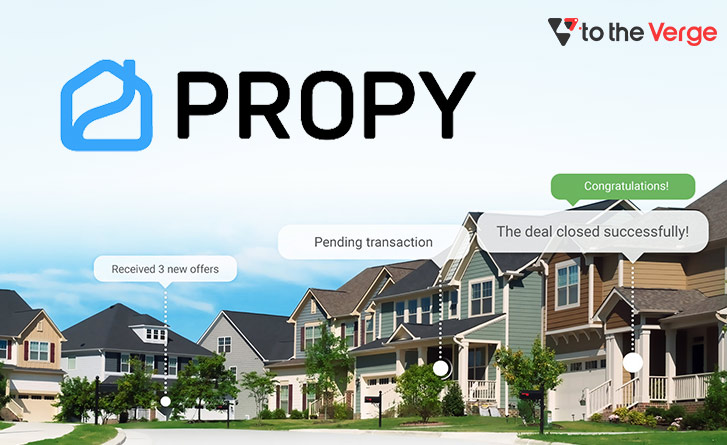
2. Internet of Things (IoT)
The Internet of Things (IoT) industry is growing quickly with the emergence of Blockchain technology. As per the latest predictions, by 2030, there’ll be 50 billion devices in use globally. This number will expand vulnerabilities as hackers can easily breach your data through a single connected device. By incorporating Blockchain technology in IoT devices, the probability of data breaches can be decreased to a great extent.
- Blockchain technology for IoT and cybersecurity:
Xage (IoT/Cybersecurity)
Xage is the world’s first cybersecurity Blockchain-based application exclusively for catering, transportation, manufacturing, etc. With the help of blockchain technology, Xage can manage billions of devices simultaneously. Moreover, it extends zero trust identity, data security, and local/remote access for physical and digital operations in the cloud.
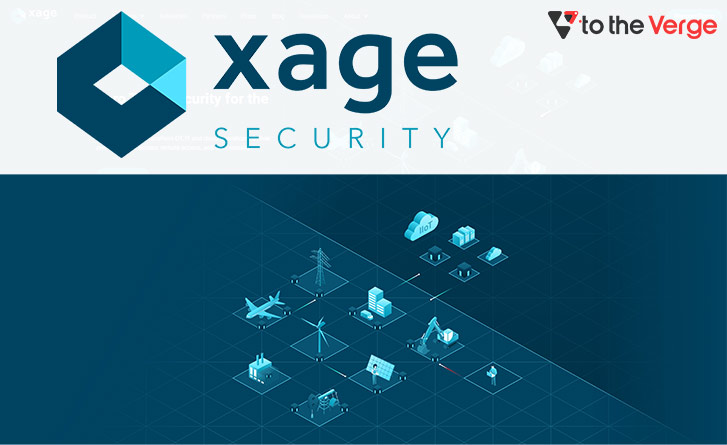
3. Money Transfer
Money transfer and processing of the payments come under the major Blockchain technology use cases. This has already transformed the finance sector for good as it saves both time & money and eliminates transaction fees charged by banks/financial institutions.
- Blockchain applications in finance:
Circle (FinTech)
Circle uses USD Coin (USDC), the fastest-growing regulated Stablecoin, to help people operate and establish their internet businesses. In addition, this blockchain application offer around seven cryptocurrencies such as Bitcoin, Monero, Zcash, etc. Circle handles over $2 billion in cryptocurrency investments and exchanges every month.
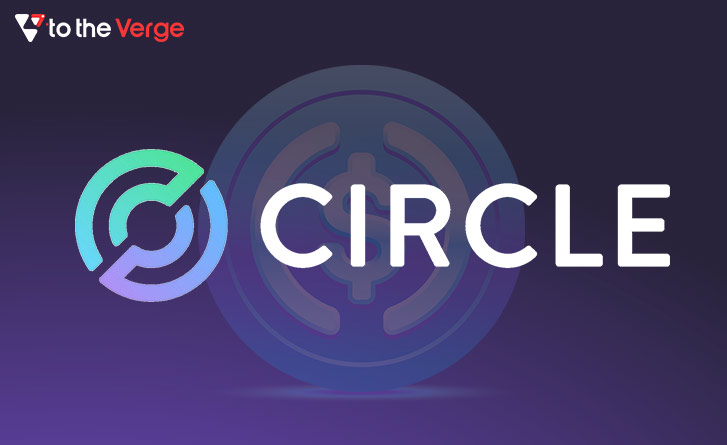
Chainalysis (FinTech/Cybersecurity)
Chainalysis offers Blockchain data and analysis reports to financial institutes, exchanges, and government organizations in 40 countries worldwide. It focuses on helping institutions examine cryptocurrency exchanges.
In addition, Chainalysis’s compliance and investigation tools allow you to monitor and recognize fraudulent transactions, compliance violations, and money laundering, thus developing a dependable Blockchain-based economy.
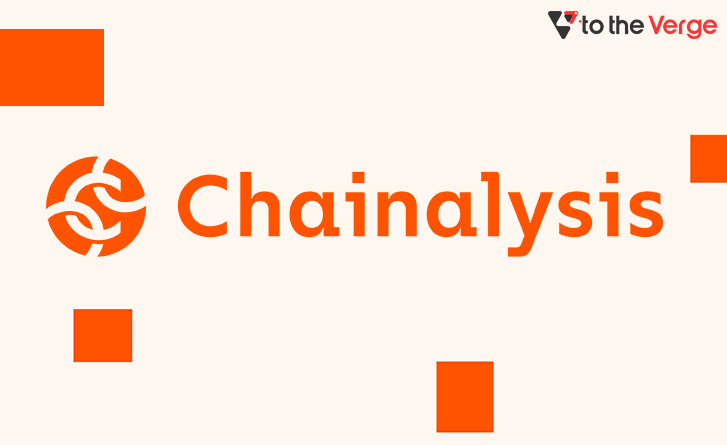
4. Personal Identity Security
Security is an essential aspect of this digital world since personal identity theft and hacking are increasing progressively. In 2019, almost 14.4 million people fell victim to identity fraud. Identity theft comes in numerous forms, from hacking and violating individual files to forging documents.
Blockchain technology can help prevent this risk by storing vital personal information such as social security numbers, birth certificates, addresses, PAN, etc., on a blockchain decentralized ledger.
- Blockchain applications in security:
Civic (FinTech/Cybersecurity)
Civic is a blockchain-based application incorporated with a digital wallet doubles as an identity card. It allows people more control over their digital identities. It seeks to achieve this goal through Blockchain-powered identity verification, peer-to-peer Bitcoin transfers and privacy-focused health status. With Civic, you enjoy the flexibility to share your personal information only with the corporations you trust.
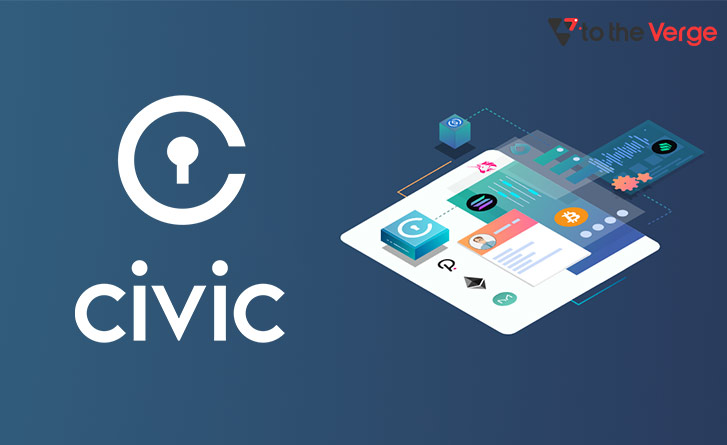
Evernym (IT)
Evernym allows you to manage your identity on the Web by leveraging its Sovrin identity ecosystem. Sovrin stores your personal information and functions as a communication agent between you and entities demanding your private information and authenticate the data in real-time. You can build and deploy self-sovereign identity solutions using Evernym’s tech stack and market resources.
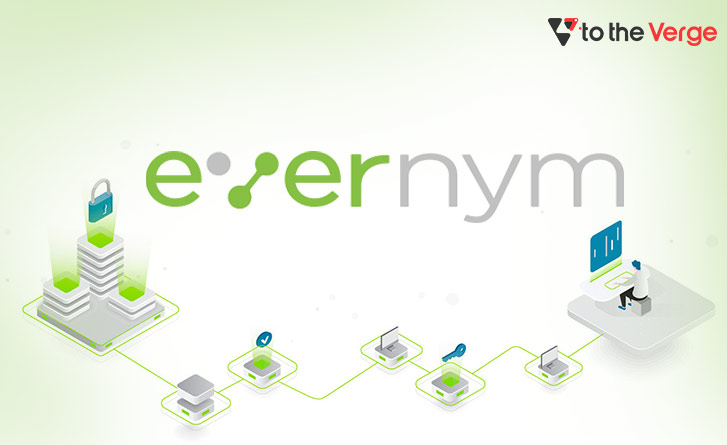
5. Logistics
Lack of communication and transparency are the most significant issues in the logistics industry. Such problems become even more distinct since numerous companies function in this domain, costing businesses time and money. This is where Blockchain applications’ data transparency comes in handy. Blockchain technology can recognize data sources and power procedures, thus building trust and transparency within the logistics industry.
- Blockchain applications in logistics:
DHL (Supply chain management, Logistics)
DHL leverages Blockchain-powered logistics to track and record data associated with shipments while keeping the integrity of transactions.
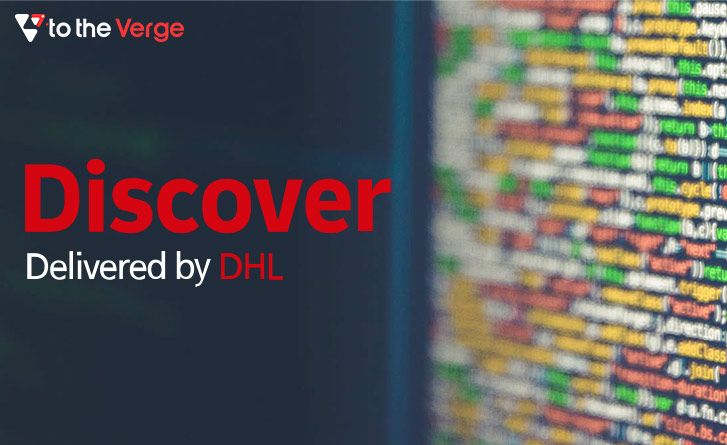
Maersk (Supply chain management, Logistics)
Maersk has collaborated with IBM to bring Blockchain technology into the global trade scenario. Through this partnership, Maersk‘s objective is to leverage Blockchain’s potential to understand better and enhance supply chain management and digitally track products across the world in real-time.

6. Digital Media
Digital media companies face challenges like data privacy, intellectual property piracy, royalty payments, and copyright violation, among other issues. By integrating blockchain technology into the digital media infrastructure, businesses can safeguard their intellectual property, target the right customers, maintain data integrity, and ensure that artists get their royalty payments in time.
- Blockchain applications in digital media:
Steem
Steem is a social media Blockchain application that inspires consumers to make original content by paying them with cryptocurrency. With Steem, you become a platform stakeholder with full control over your data. For each contribution you make, you get cryptocurrency tokens. Until now, Steem has paid above US$ 59 billion to platform creators.
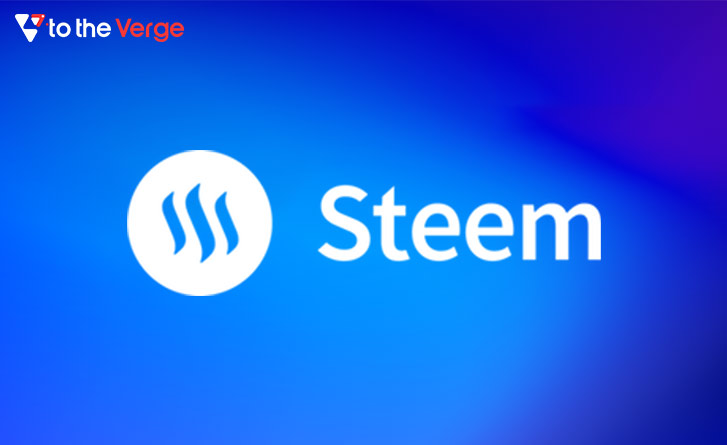
Wrapping Up
These real-world examples of Blockchain technology use cases verify that Blockchain is quickly entering different industrial sectors. Interestingly, Blockchain applications are both exclusive and varied. As a result, businesses that implement Blockchain technology can take advantage of the security, immutability and transparency that it is known for, thereby engaging in fair trade and bringing dependable products/services to customers.
Snehil Masih is a professional technical writer. He is passionate about new & emerging technology and he keeps abreast with the latest technology trends. When not writing, Snehil is likely to be found listening to music, painting, traveling, or simply excavating into his favourite cuisines.

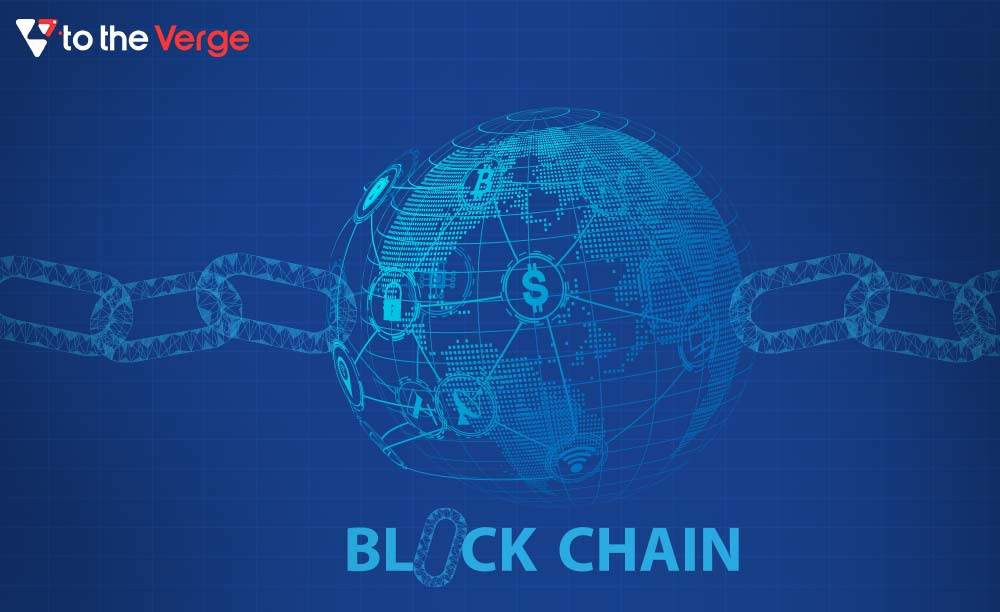




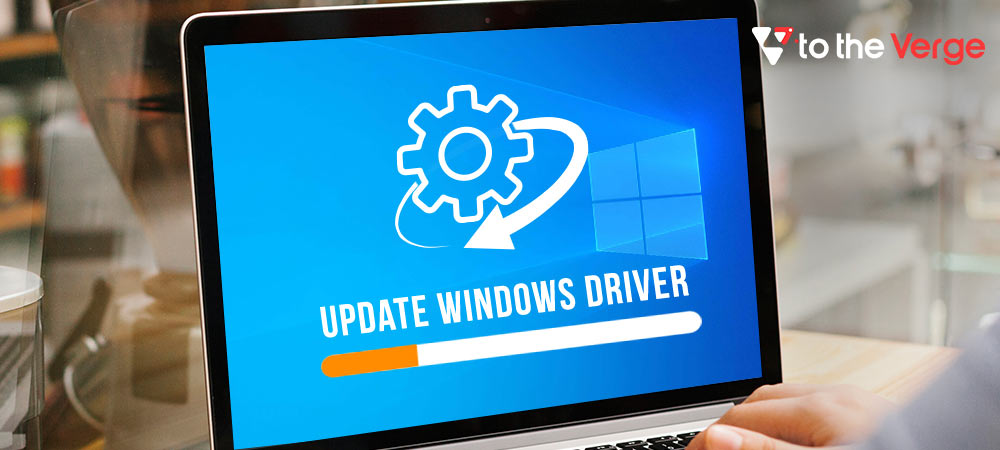
![How to Update and Reinstall Keyboard Drivers on Windows 10/11 [A Guide]](https://wpcontent.totheverge.com/totheverge/wp-content/uploads/2023/06/05062841/How-to-Update-and-Re-install-Keyyboard-Drivers-on-Windows-10.jpg)
